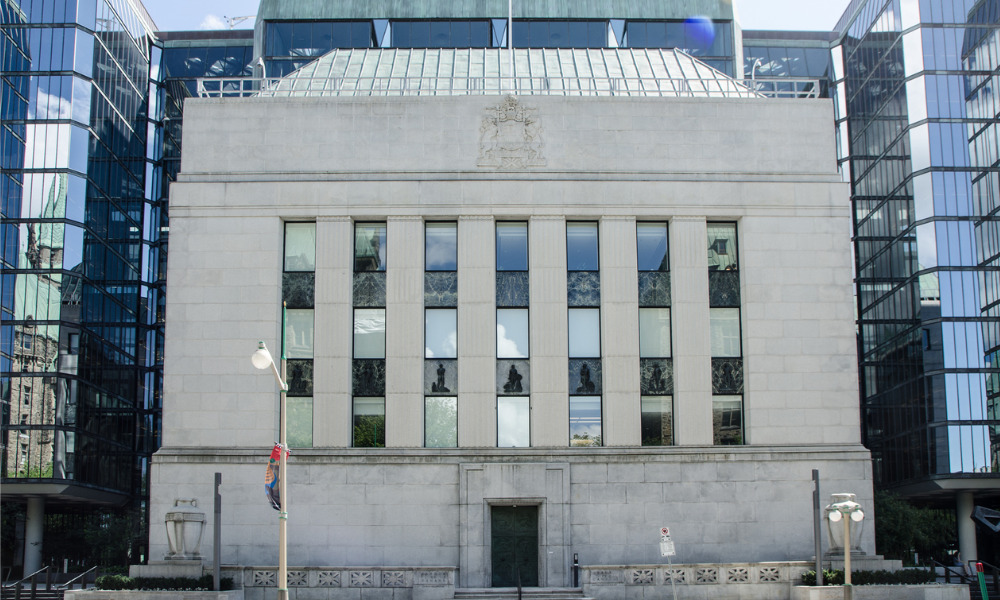Decision raises questions amid recession fears

The Bank of Canada caught financial markets off guard after it unexpectedly slowed the pace of its interest-rate hikes. Amid recession fears, the central bank raised its key rate by 0.50%, not the 0.75% many economists had predicted.
The decision takes the benchmark rate to 3.75%, and while the central bank is expected to continue raising rates in the coming months and remains hawkish in its battle against decades-high inflation, the surprise move raises questions about how much damage it is willing to impose on the Canadian economy.
Bloomberg have reported that at least three of Canada’s Big Six banks - Royal Bank of Canada, Bank of Montreal and Bank of Nova Scotia - expect the economy to contract for two consecutive quarters next year in a so-called technical recession.
In its rate statement, the bank said that while the Canadian economy continues to operate in excess demand, the effects of higher borrowing costs are becoming evident in interest-sensitive areas. “Economic growth is expected to stall through the end of this year and the first half of next year as the effects of higher interest rates spread.”
It cut its gross domestic product forecast for 2023 by half to 0.9% and predicted economic growth will decelerate to an annualized 0.5% pace in the fourth quarter of this year
While the country’s annual inflation rate dipped slightly in September to 6.9%, thanks in large part to a decline in gasoline prices, the cost of groceries continues to climb. Analysts expect another interest rate hike in December before the central bank hits pause to assess the impact.
The Bank statement read: “The Bank’s preferred measures of core inflation are not yet showing meaningful evidence that underlying price pressures are easing. Near-term inflation expectations remain high, increasing the risk that elevated inflation becomes entrenched.”



